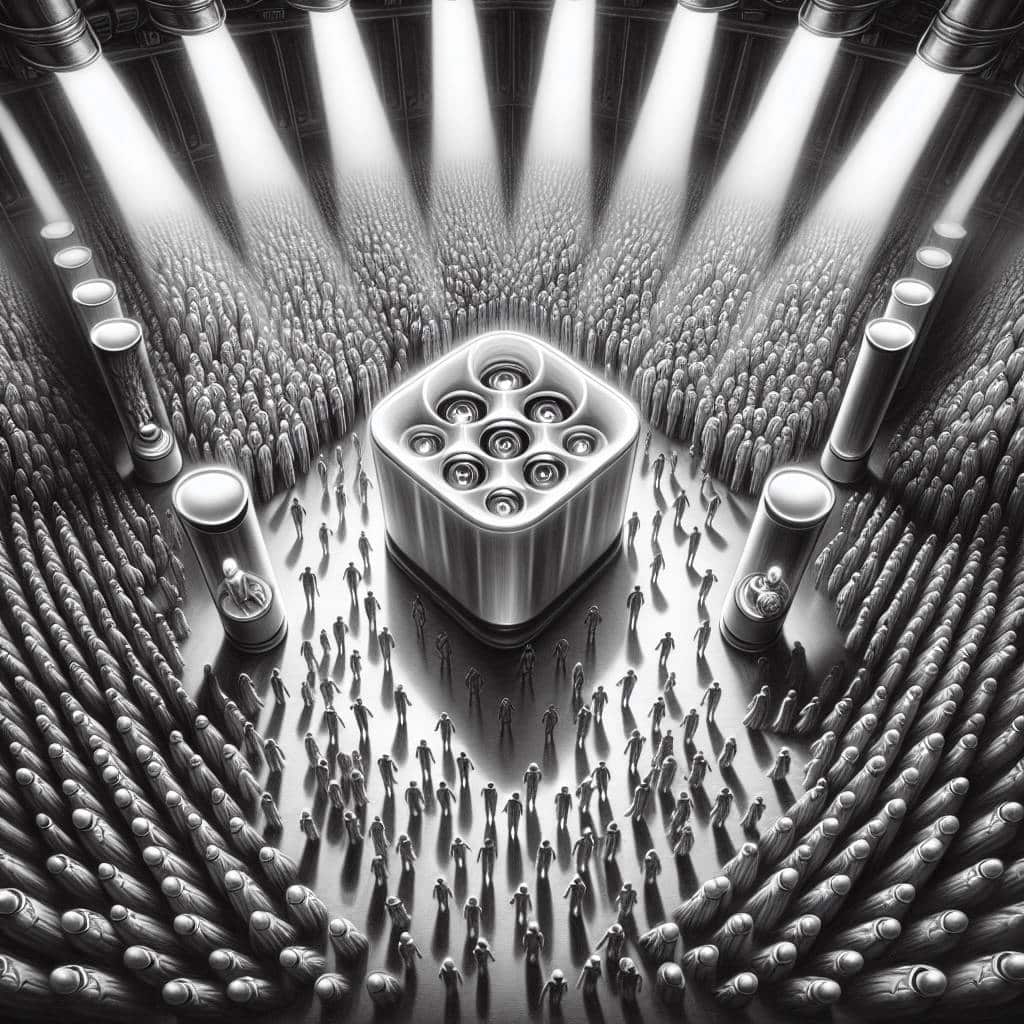Okay, deep breath, let's get this over with. In the grand act of digital self-sabotage, we've littered this site with cookies. Yep, we did that. Why? So your highness can have a 'premium' experience or whatever. These traitorous cookies hide in your browser, eagerly waiting to welcome you back like a guilty dog that's just chewed your favorite shoe. And, if that's not enough, they also tattle on which parts of our sad little corner of the web you obsess over. Feels dirty, doesn't it?
AI Chatbots vs. Conspiracy Theories: How Tech is Winning the Battle for Truth
Researchers from MIT Sloan and Cornell University have found that AI chatbots can reduce belief in conspiracy theories by 20%. Even among those deeply invested in false conspiracy theories, chatting with a large language model like GPT-4 Turbo led to a significant decrease in their…

Hot Take:
AI chatbots: the latest superheroes in the fight against tinfoil hats! Who knew GPT-4 Turbo had a side hustle in debunking bunkum?
Key Points:
- Researchers from MIT Sloan and Cornell University found AI chatbots can reduce belief in conspiracy theories by about 20%.
- 2,190 participants discussed their conspiracy theories with GPT-4 Turbo, which tailored responses to each person’s beliefs.
- Participants’ belief in their conspiracy theories decreased significantly after three rounds of conversation with the chatbot.
- Accuracy of AI responses was high, with 99.2% of claims judged true by a professional fact-checker.
- Potential future applications include using AI chatbots on social media and conspiracy forums to debunk false information.

